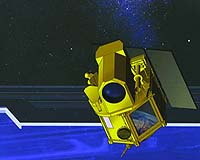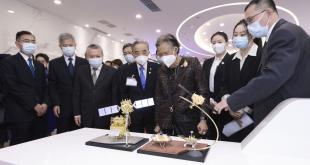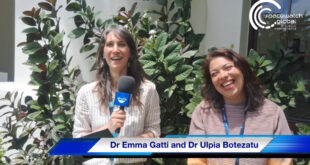
In order to accelerate its priorities, the Geo-Informatics and Space Technology Development Agency of Thailand (GISTDA) has selected Airbus as partner for its next-generation national geo-information system.
Known as THEOS-2, the programme will deliver significant benefits for Thailand’s society including capacity building and is fully in line with the country’s Thailand 4.0 policy and will signify a milestone in the development of space in the Eastern Economic corridor.
Thai engineers will be integral to the development of an integrated geo-information system, ground segment and two Earth observation satellites: a very high-resolution and a small satellite system. The small satellite system from Airbus’ subsidiary Surrey Satellite Technology Ltd. (SSTL) will be assembled and tested in-country by Thai engineers to deliver technology transfer and involve local suppliers. This will be complemented by an extensive training scheme capitalizing on Airbus’ comprehensive geo-intelligence expertise, and will further develop Thailand’s geo-spatial industry.
GISTDA will initially provide its geo-information platform with imagery from Airbus’ extensive range of optical and radar Earth observation satellites, namely Pléiades, SPOT, TerraSAR-X and TanDEM-X and other data sources.
An optical satellite system delivering 0.5 m ground resolution imagery, THEOS-2 is an optical satellite system based on Airbus’ innovative, flight-proven AstroBus-S satellite. Scheduled to be launched in 2020, it will secure the service continuity of THEOS-1, an Airbus-built satellite launched in 2008, which continues to deliver high quality imagery four years after its expected end of life. With the AstroBus-S satellite, Thailand is joining a small circle of nations with sovereign access to very high-resolution geostrategic information.





